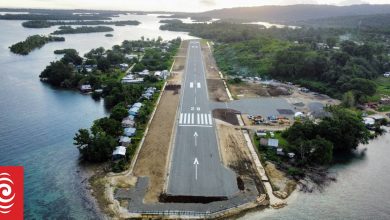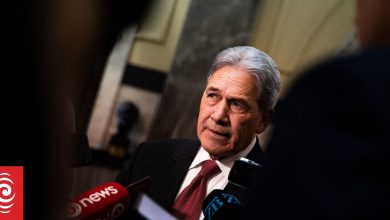No one has been able to determine Papua New Guinea’s population but there are hopes a census will crack the mystery
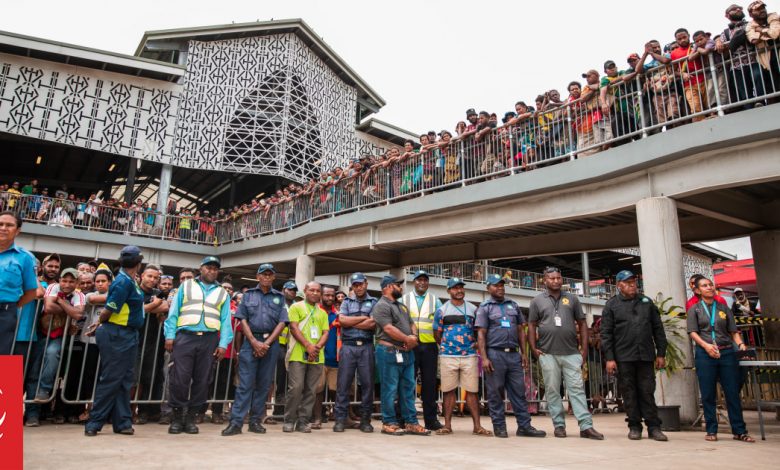
By Papua New Guinea correspondent Marian Faa and Theckla Gunga, ABC
It’s a hot afternoon in the dusty streets of Port Moresby and Maholopa Laveil is driving around looking for someone in a white shirt and bright yellow vest brandished with the slogan “be counted”.
He has a piece of paper in his hand that he’s determined to give them a form that contains important information about him and his family.
“It’s my civic right,” he tells the ABC.
Laveil is looking for census officers that were supposed to show up to his house a few days earlier, but never did.
When they eventually came by to take down his information three days late he was at work.
Instead, his dad emailed him a copy of the data collection form, which he printed out himself and filled in.
Finally, Laveil spots a team of census officers who are about to knock off for the day.
He flags them down and hands over the form – relieved to know that he’ll be counted in Papua New Guinea’s national census.
But he fears many others simply won’t be.
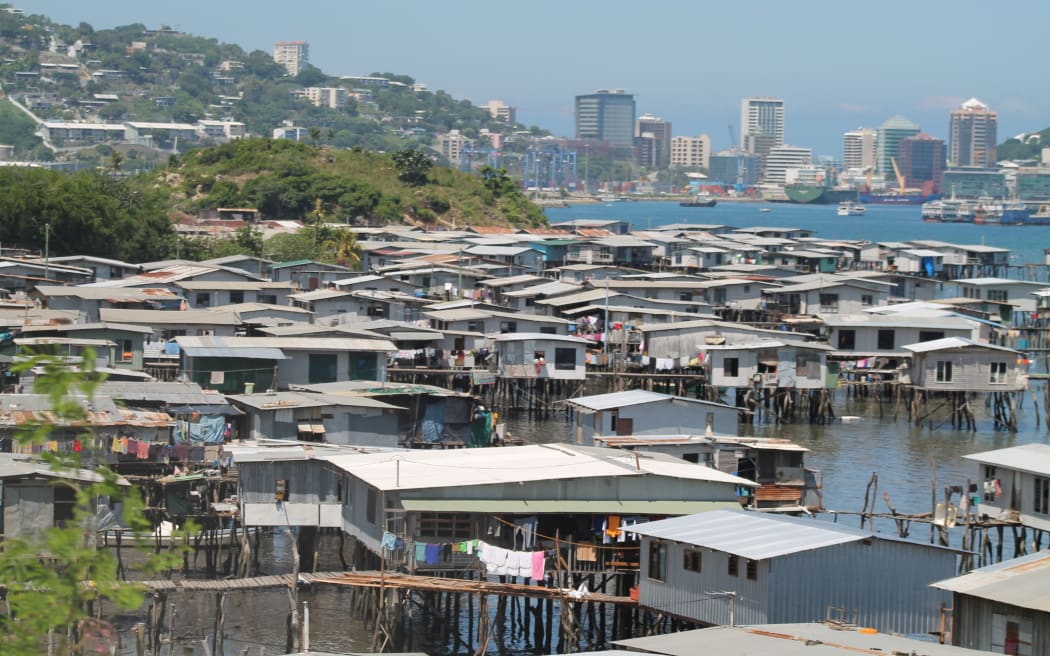
No-one really knows PNG’s population
Laveil is the kind of guy who loves numbers.
It’s why he became a lecturer in economics at the University of Papua New Guinea.
And he hates it when the numbers are wrong.
“My sense is the census is on a path to failure,” he says.
It’s a disappointing prediction for the academic, who was hoping the exercise would answer a critical question: how big is the population of PNG, actually?
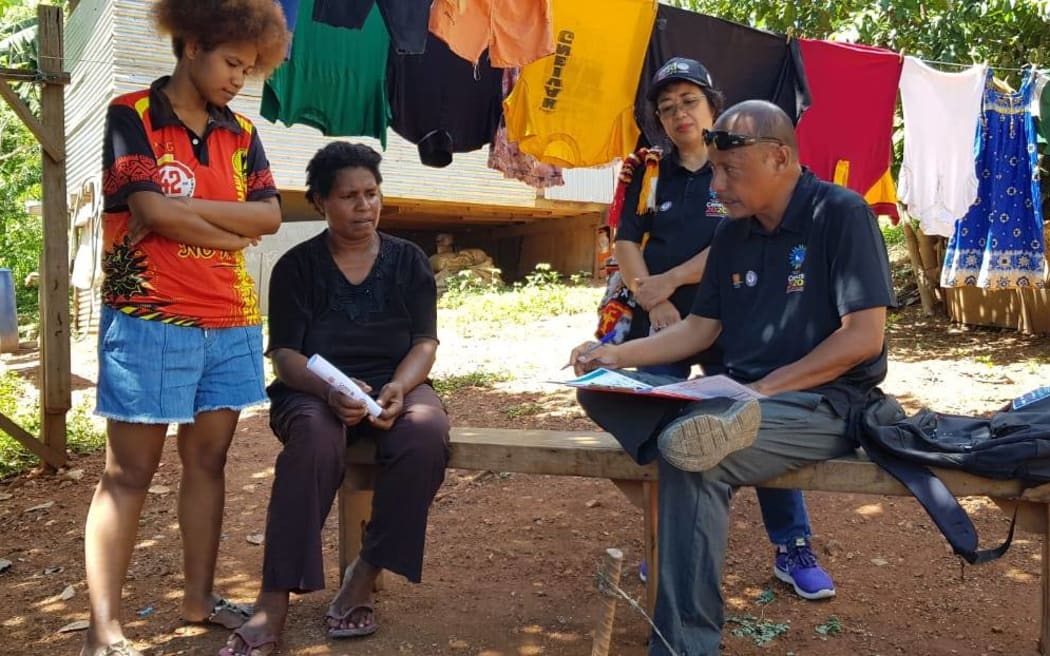
The Pacific nation hasn’t held a successful census in 24 years, and the fact that no-one really knows the population is a factor in many of PNG’s problems, according to Laveil.
“We need a good census to provide that socio-demographic data that government needs for policy planning,” he says.
“Police-to-person ratios, doctor-to-person ratios. All these other very important indicators … depend on accurate census data.”
Population estimates vary by millions
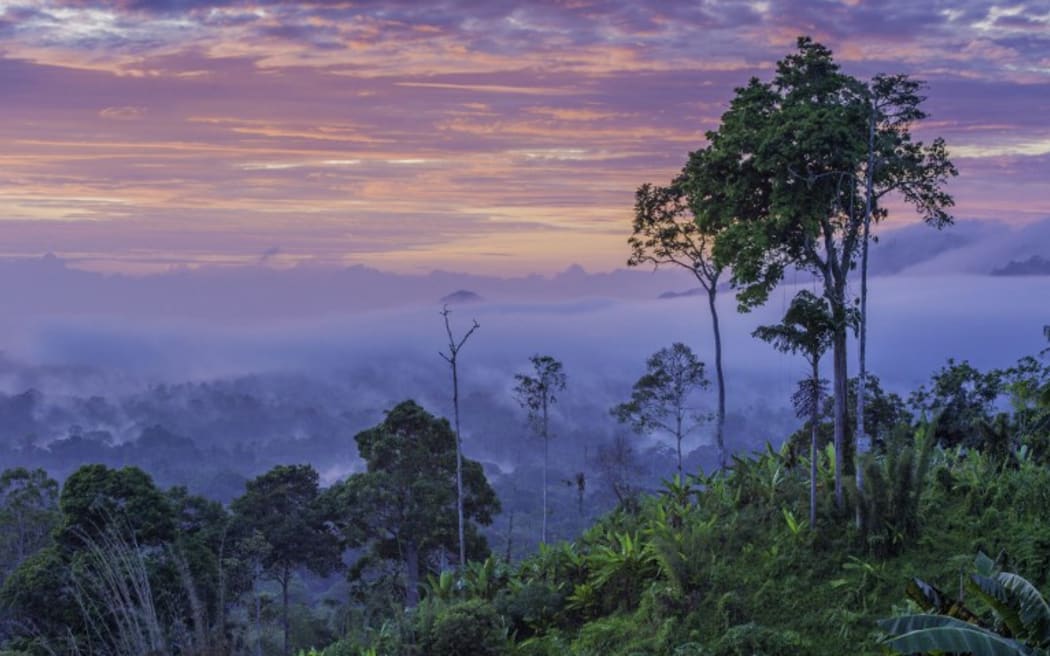
The question of PNG’s population has been at the centre of controversy in recent years.
Data from an unreliable 2011 census suggests the number is around 11 million.
A UN study, funded by Australia, used satellite imagery to estimate a much higher population of 17 million in 2022.
Demographic information is also crucial for PNG’s development partners, including Australia, which delivers around $616 million in aid to the country each year, and New Zealand.
Read more:
At a press conference last week, Australian Foreign Minister Penny Wong said the census would enable Australia to better respond to PNG’s needs.
One example, according to Laveil, can be found in the massive landslide that struck PNG’s highlands recently – wiping out an entire village.
In the wake of the disaster, the PNG government, NGOs and the UN struggled to determine exactly how many people had been affected.
Official estimates of the death toll varied wildly from a couple of hundred to more than 2000.
“Having a census figure could really inform disaster response in future,” Laveil said.
Read more:
The population count could also influence PNG’s global economic ranking, and provide insights into the levels of poverty across the country.
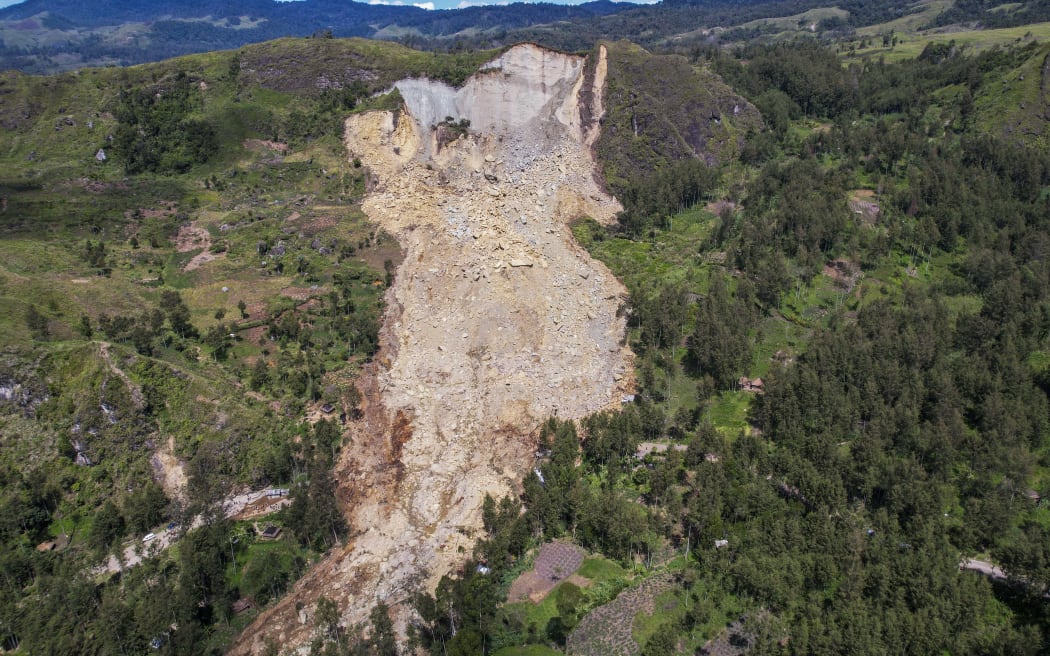
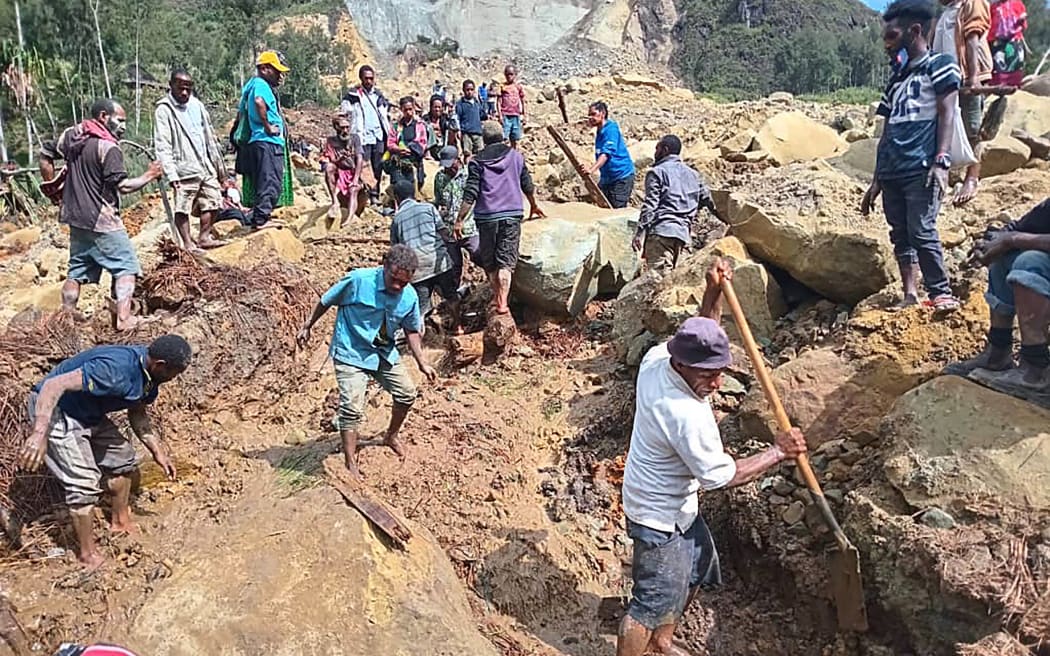
Census begins but not much counting underway
PNG’s Administrative Service Minister Richard Masere agrees it is an important exercise.
“The census must be done, and it must be concluded so we are able to say, ‘well, this is the population,'” he told ABC.
At a press conference earlier this month, he appeared positive about the preparations, despite the census budget being slashed from 300 million kina ($AU117.3 million) to 150 million kina ($AU58.6 million).
“We’ve done enough work so far to be, I would say, 99.9 percent confident that we will get the right data going forward,” Masere said.
He said 20,000 people had been recruited, including teachers whose school terms had been cut short by two weeks so they could assist.
But since the count began on 17 June, it has been plagued by long delays, administrative issues and financial shortfalls.
By the end of the first week of counting, most provinces told the ABC they had not begun collecting data.
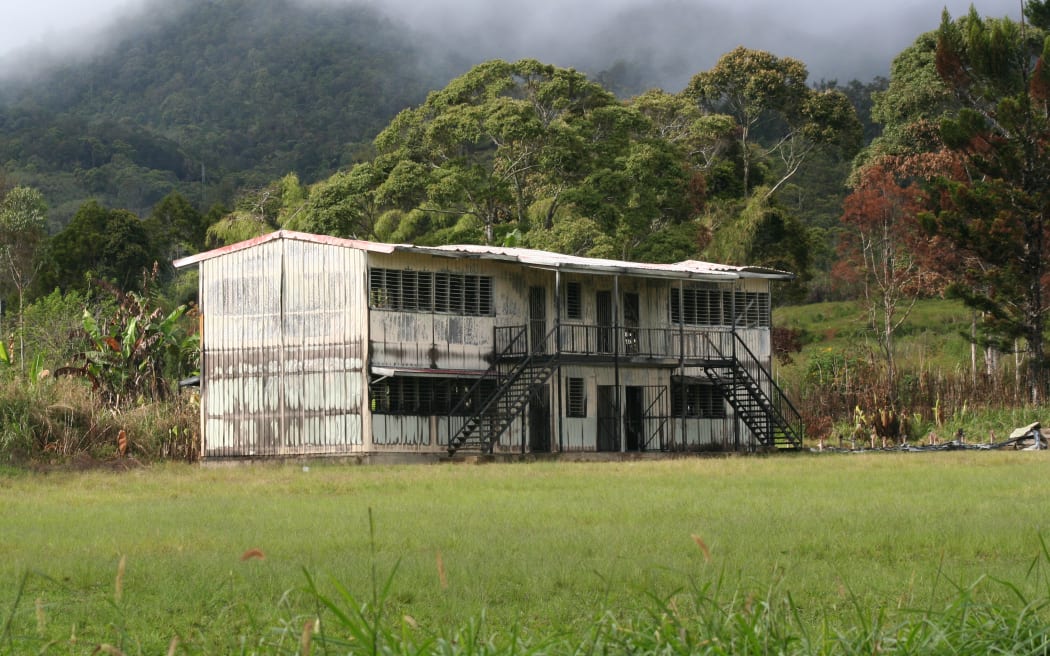
Dennis Mipa, a census supervisor in Port Moresby, has experienced the frustrations firsthand.
He told the ABC his team wasn’t issued with the electronic tablets they were supposed to use to collect information.
“We’re just doing the household interviews manually using pen and paper,” he said.
He said the data was then sent to census coordinators via WhatsApp.
“It’s slowing our work progress,” he said.
Mipa said he also spent about $200 of his own money last week to buy lunch for his team because they hadn’t received their allowances from the National Statistics Office.
Helicopters, boats needed to reach remote villages
Two hours outside the capital, in the coastal village of Makerupu in PNG’s central province, tablets are being used.
But the area’s census coordinator Morea Arua said the program had been set back by a week while they were waiting for materials to arrive.
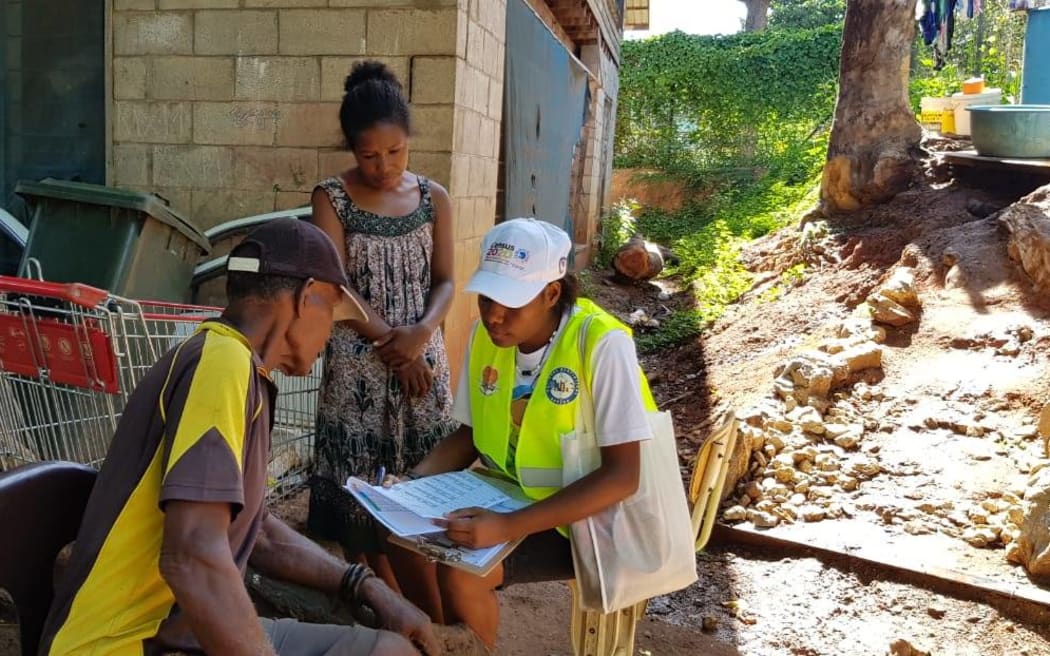
He said some villages in his district could only be reached by boat or helicopter – adding to the challenge of ensuring every household is counted.
The PNG government has allocated an extra 60 days for data collection and cleansing, before the official results are announced in September.
The National Statistics Office and the Department of Administrative Services has not responded to the ABC’s request for comment.
Morea said he’s still hopeful the census will be a success.
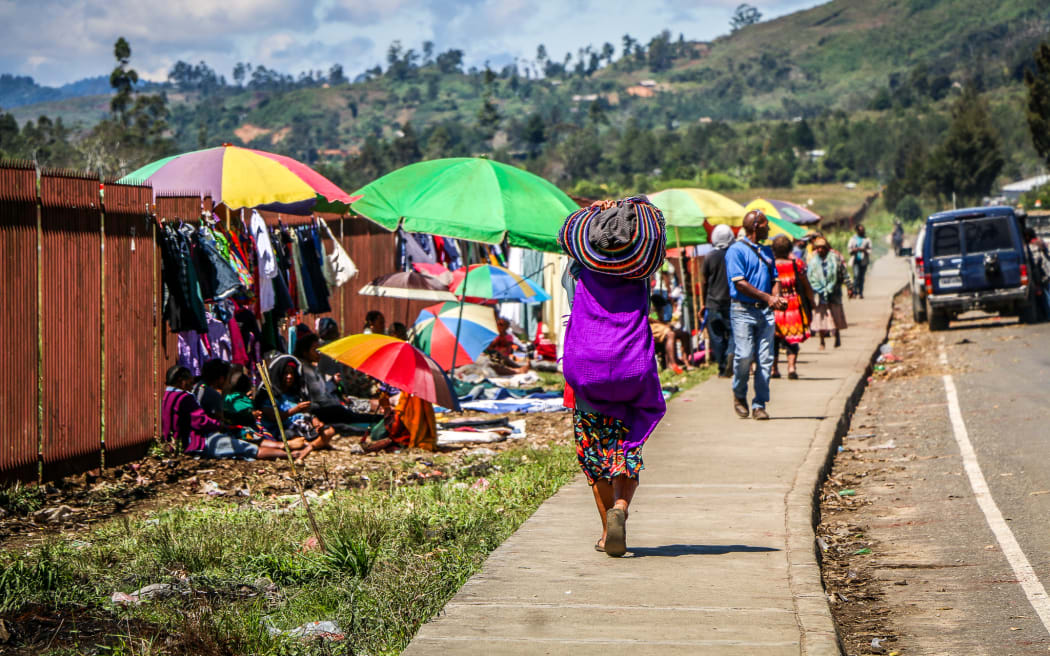
But Laveil remains sceptical.
“Poor preparations, low funding, capacity issues within the National Statistics Office, and then it’s just fit into the failure that we’re seeing now,” he said.
The budget for this census was reduced from 300 million kina to 150 million kina – almost half of what was spent on the failed 2011 census, after adjusting for inflation.
Laveil said if the government planned to continue the census for another 60 days, it would have to allocate more funding.
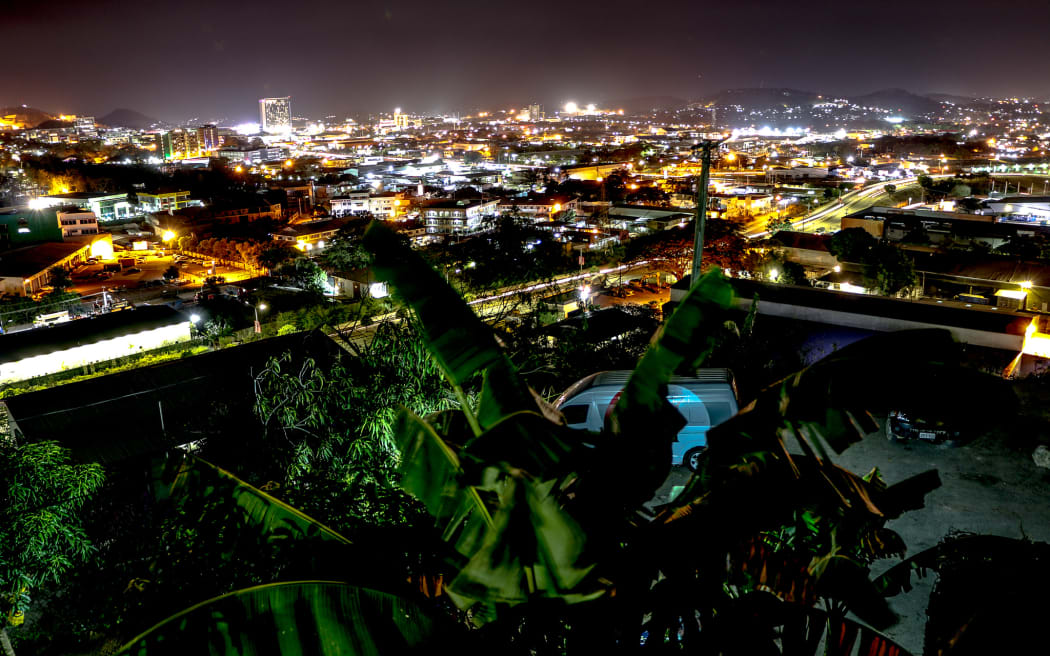
– This story was first published by ABC
According to the news on Radio New Zealand


